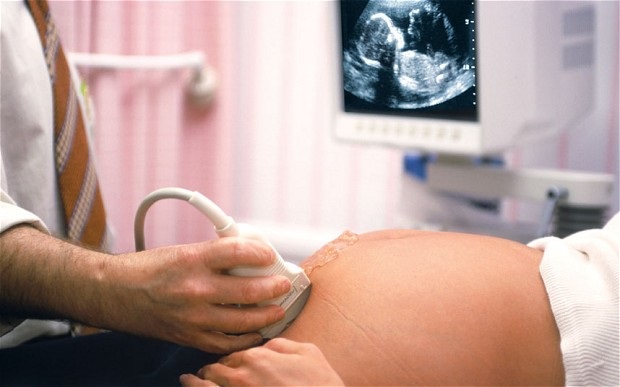A pro-life measure proposed for the November ballot in Ohio will not appear before voters because it failed to receive enough signatures to qualify.
Three Ohio citizens submitted a proposed state ballot measure to the attorney general’s office that would change their state constitution to protect unborn babies from abortions. The constitutional amendment project is led by three individuals: Laura Burton from Cleveland, Anthony Dipane from Monroe Falls and Dustin Paulson from Strasburg.
They are proposing a ballot measure that would amend the state constitution to “prohibit abortion of all unborn human beings, without exception, and classifying it as aggravated murder in the state of Ohio.” It also would recognize an unborn baby as “an individual organism … from fertilization, whether fertilization occurs inside or outside of a human, until live birth.” The measure also would make abortion a crime of “aggravated murder” with jail time of up to 15 years for those found guilty.
The three collected signatures from at least 1,000 people in support of the ballot measure, and submitted it to Attorney General Mike Dewine for his approval. However, some of the signatures were not valid.
The petition submitted to DeWine on Sept. 2 included 1,006 signatures, but only 842 were found to be valid signatures of registered Ohio voters. The law requires 1,000 signatures for a constitutional issue to proceed.
DiPane told The Dispatch that the group will submit a new batch of signatures. “‘Quit’ is not in our vocabulary,” he said.
The ballot language classifies an “unborn human” as being “an individual organism … from fertilization, whether fertilization occurs inside or outside of a human, until live birth.”
A violation would be punishable by a sentence of 15 years to life in prison.
The next step for the ballot issue would have been submission to the Secretary of State Jon Husted to place before the Ballot Board. Now, if the backers choose to try again, they will have to collect a minimum of 1,000 signatures. They then would have to collect 305,591 signatures to place the issue on the ballot, probably in November 2017.
SUPPORT PRO-LIFE NEWS! Please help LifeNews.com with a donation during our Fall Fundraising Campaign
A number of other states, including Alabama and Oklahoma also have considered similar measures to ban abortion altogether. However, these measures are highly unlikely to become law. Because of the current political climate and the precedents set in the U.S. Supreme Court case Roe v. Wade, courts would almost certainly strike down the measures. In 2012, the Oklahoma Supreme Court struck down a similar personhood bill as unconstitutional.
The key to ending legalized abortion is overturning Roe v. Wade, and the current Supreme Court justices are highly unlikely to do so, especially after the unexpected death of pro-life Justice Antonin Scalia. Three of the justices, Clarence Thomas, Samuel Alito and John Roberts, likely would vote to overturn Roe and return abortion laws back to the authority of the states; but five of the other justices almost certainly would not. Scalia’s seat on the high court remains empty.
To overturn Roe and make abortion illegal again, Americans need to elect a pro-life president and U.S. Senators who will put pro-life judges on the high court. This would pave the way for the reversal of Roe and a return to a country that protects every human life.








